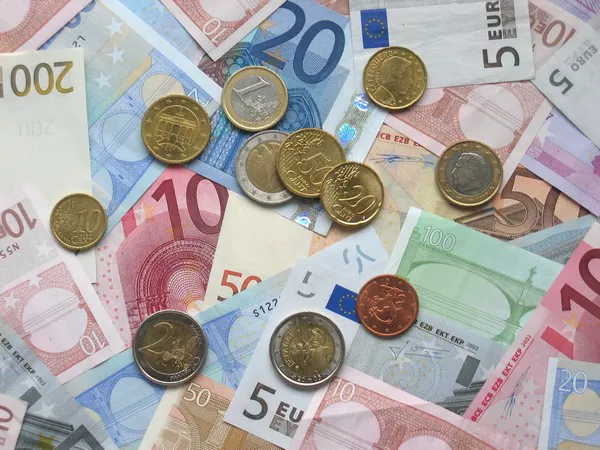Switzerland, renowned for its picturesque landscapes, precision engineering, and financial prowess, stands at the crossroads of Europe. As a nation that is not a member of the European Union (EU), questions often arise about the acceptance of euros within its borders. This article aims to provide a comprehensive overview of the status of euros in Switzerland, exploring the intricacies of currency exchange, the Swiss franc’s dominance, and the evolving dynamics in the context of a globalized economy.
The Swiss Franc: A Symbol of Stability
The official currency of Switzerland is the Swiss Franc (CHF), abbreviated as “CHF” or represented by the symbol “Fr.” The Swiss Franc has a long-standing reputation for stability and is considered a safe-haven currency. The Swiss economy, characterized by robust financial institutions and a commitment to neutrality, has contributed to the strength of the Swiss Franc.
Currency Exchange: Euros in Switzerland
While the Swiss Franc is the primary legal tender in Switzerland, euros are widely accepted in certain regions and establishments. Tourist hotspots, border areas, and major cities often accommodate euros due to the high influx of visitors from Eurozone countries. However, the acceptance of euros is not uniform across the country, and travelers should be aware of the prevailing practices in different areas.
Tourist-Friendly Zones
In tourist-centric locations such as Geneva, Zurich, and popular ski resorts, it is common to find businesses that accept euros. Hotels, restaurants, and shops catering to international visitors are more likely to facilitate transactions in euros. Additionally, some tourist attractions, like museums and guided tours, may also accept euro payments. However, it is essential for travelers to inquire about the specific policies of each establishment.
Border Regions
Switzerland shares borders with several Eurozone countries, including Germany, France, Italy, and Austria. In towns and cities near these borders, businesses may be more inclined to accept euros as a form of payment. This is particularly convenient for travelers crossing into Switzerland by road, as they may encounter establishments that cater to cross-border trade and tourism.
Currency Exchange Rates
While euros may be accepted in certain regions, it’s crucial for visitors to be aware of the currency exchange rates applied. Businesses that accept euros often use their exchange rates, which may not be as favorable as those offered by dedicated currency exchange offices or banks. Travelers should compare rates and assess whether paying in euros is the most cost-effective option.
Banking Facilities and ATMs
To access Swiss Francs, travelers can use banking facilities and ATMs scattered across the country. Most ATMs provide the option to withdraw Swiss Francs, and credit cards are widely accepted in urban areas. Currency exchange services are also available at banks and specialized exchange offices, ensuring that visitors have convenient access to the local currency.
Navigating Euros in a Cashless Society
Switzerland, like many developed nations, is progressing towards a cashless society. While cash remains a widely used form of payment, credit and debit cards are becoming increasingly prevalent. Major credit cards, such as Visa and MasterCard, are generally accepted, reducing the reliance on physical currency. Travelers with international credit cards can seamlessly make transactions in Swiss Francs without the need for cash or euros.
Economic and Global Perspectives
Switzerland’s decision to remain outside the EU has influenced its currency policies. The Swiss National Bank (SNB) actively manages the exchange rate of the Swiss Franc to ensure economic stability. This commitment to an independent monetary policy contributes to the resilience of the Swiss Franc and impacts the acceptance of alternative currencies within the country.
In a globalized economy, currency dynamics are subject to change. Switzerland’s position as a financial hub and its economic ties with both European and global partners contribute to the complexity of currency transactions. The acceptance of euros in Switzerland reflects the nation’s adaptability to the needs of international visitors and its interconnectedness with the broader European context.
Conclusion
Switzerland’s stance as a non-EU member does not preclude the acceptance of euros within its borders. While the Swiss Franc remains the official currency and a symbol of economic stability, euros are commonly accepted in tourist-centric areas, border regions, and establishments catering to international visitors. Travelers are encouraged to be mindful of currency exchange rates, explore cashless payment options, and inquire about the policies of individual businesses.
As Switzerland continues to navigate the evolving landscape of global economics, the acceptance of euros may evolve in tandem. For now, understanding the nuances of currency dynamics is essential for visitors seeking a seamless and informed experience in the heart of Europe.


